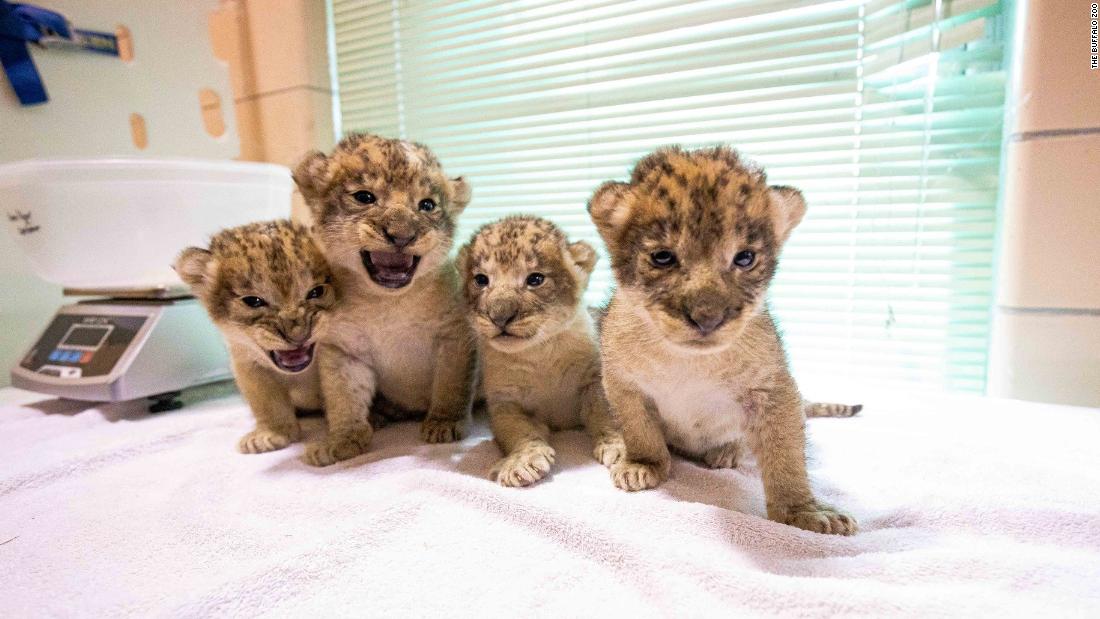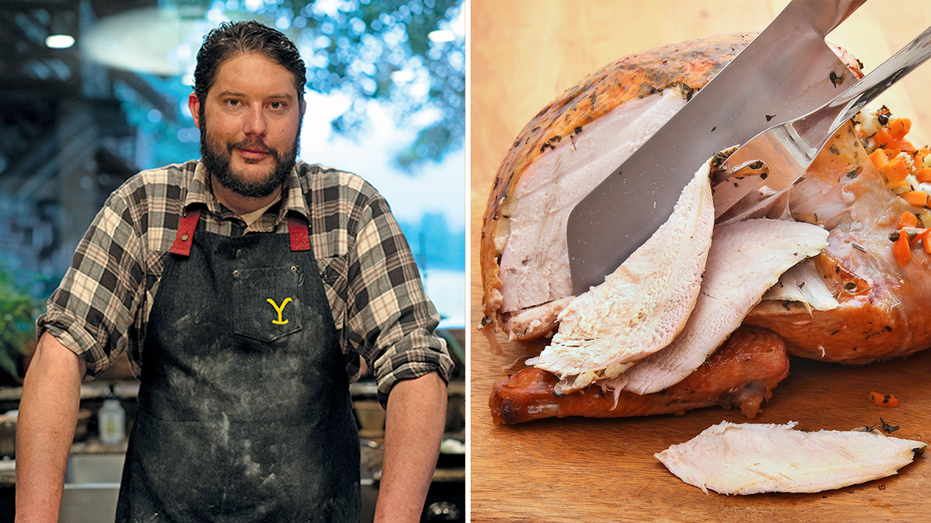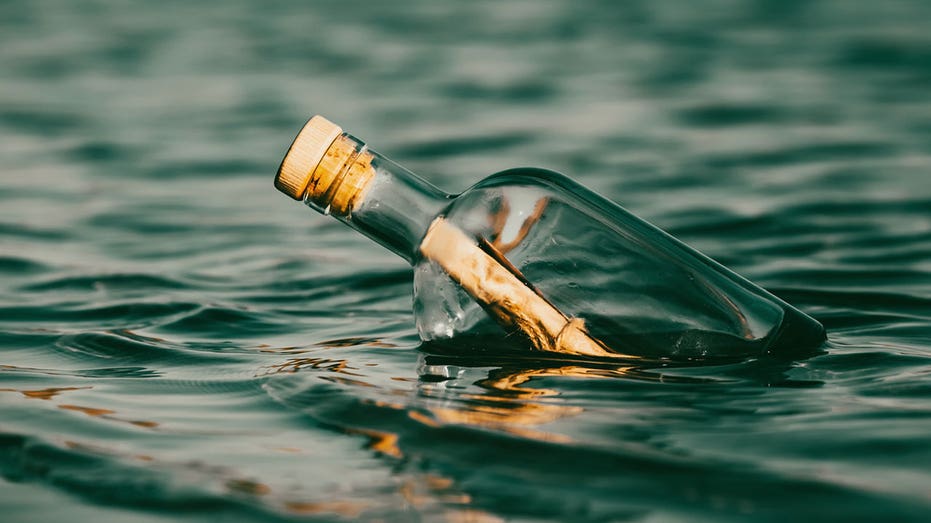- by foxnews
- 28 Nov 2024
Buffalo Zoo in New York welcomes four newborn lion cubs

The Buffalo Zoo in New York welcomed four new lion cubs into their African lion pride in early June.
Lusaka, the mother, gave birth to three cubs late in the evening of June 2 and a fourth was born in the early morning of June 3, the zoo announced in a Facebook post on Thursday.
"The birth of any animal is exciting, and lion cubs are especially heartwarming because - well - they are adorable!" said Buffalo Zoo interim president and CEO Lisa Smith. "We are honored to care for Lusaka, the cubs, and all the members of their pride, while recognizing that they also represent the future and hope for the conservation of their species, reminding us of the importance of a sustained commitment to work to save lions in the wild."
While they have yet to be named, the cubs, each weighing about 7 pounds, are "currently showing all signs of good health" and are nursing normally, according to the zoo's post. The zoo said it appears that two of the babies are male and the other two female.
The cubs, along with their mother, will continue to spend time bonding away from the exhibit until they are strong enough to go outside and interact with other lions.
The cubs' parents, Lusaka and Tiberius, were paired as part of an effort to maintain a healthy population of the species, said the zoo. This litter is the parents' third, having given birth to three cubs in 2016 and two in 2021.
"The International Union for Conservation of Nature (IUCN) Red List of Threatened Species lists the African lion as a Vulnerable species, with a total population that is likely less than 40,000," the zoo said. "IUCN estimates that there are only 23,000 to 39,000 mature individuals. African lion populations are declining largely due to habitat loss, issues that threaten human-wildlife coexistence, poaching, and wildlife trafficking (illegal wildlife trade)."
- by foxnews
- descember 09, 2016
Mom's message in a bottle found by her own daughter 26 years later
A fourth grader went on a school trip when someone found a message in a bottle containing a letter that was written by her mom 26 years ago. The message was tossed into the Great Lakes.
read more


